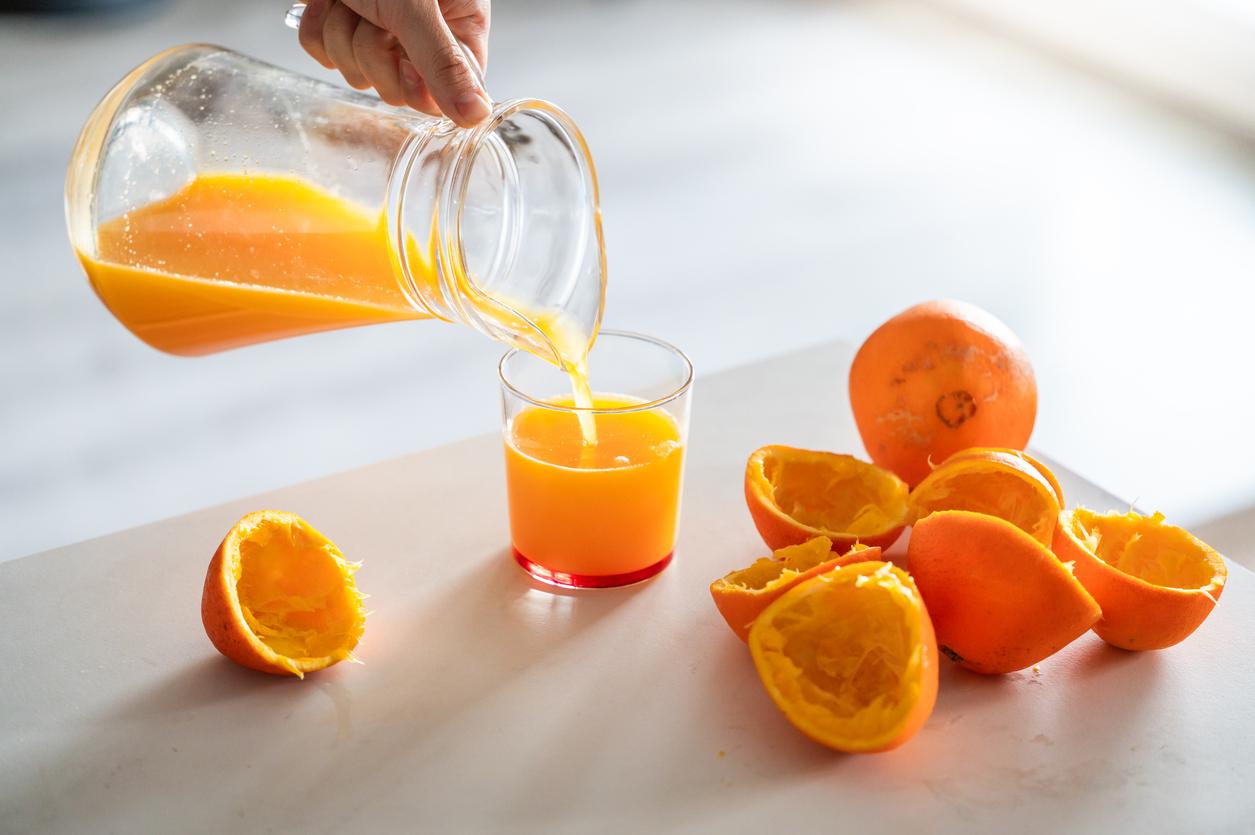Researchers, based at St Bartholomew’s Hospital and Queen Mary University of London, found that 16% of patients withangina pectoris were later victims of a cardiac incident as a heart attack within two years of stent placement. However, when patients consumed beet juice daily, the risk fell to 7.5%. This is the conclusion of a study presented at the conference of the British Cardiovascular Society.
The stents are of small metal springspreventing a artery does not clog completely in patients at risk, and thus prevent heart attacks. Nevertheless, many patients equipped with a stent will be subject to cardiac complications in the years following the installation, the researchers point out. However, by regularly consuming beet juice, they could reduce the risk of failure of the stent.
Beet juice could keep stents working longer
Scientists measured the width of patients’ blood vessels six months after stent placement. It turns out that the vessels of those who were followers of beet juice showed about half the shrinkage during this period than others.
“ Laboratory experiments have suggested that inorganic nitrate, which is found naturally in beetroot juice, has these effects, and it is very encouraging to see it produce such a great improvement in the condition of patients suffering from angina pectoris. . Our patients have appreciated that their treatment is an all-natural product that has no significant side effects says Dr. Krishnaraj Rathod, clinical lecturer at the William Harvey Research Institute, QMUL, who led the trial.
” We will now move on to the next stage of trials in the hope that doctors will soon be able to prescribe beetroot juice to ensure stents work longer. “, he adds.
While the stent remains one of the greatest advances in the prevention of coronary (heart) disease, its effectiveness can still be optimized.
If you have no heart history and therefore no stent, know that beetroot juice is also beneficial against anemia And promotes digestion. Packed with fiber and antioxidants, beets are often recommended by nutritionists for their benefits on the liver.


















